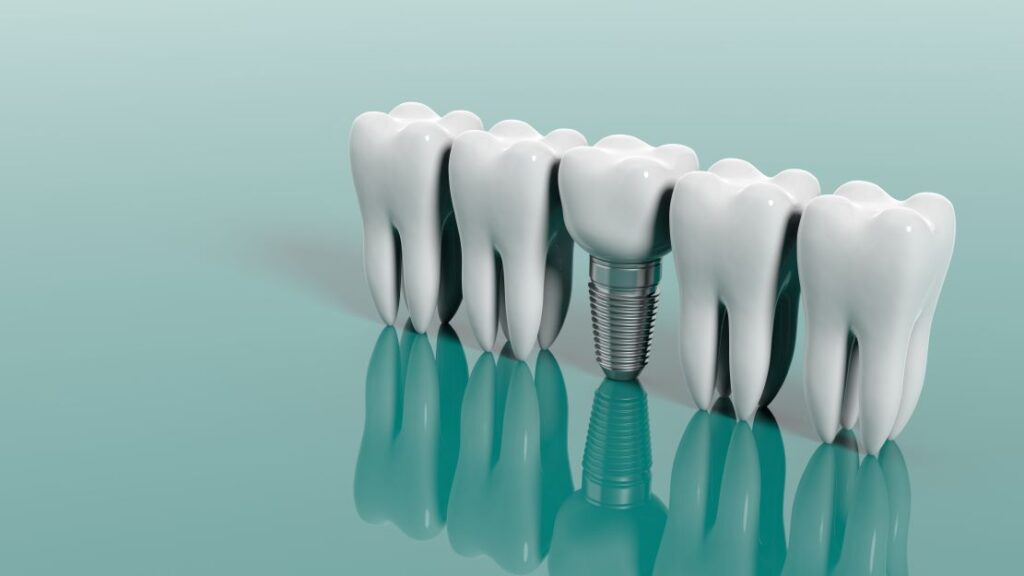
There’s no question that dental implants are the best solution for replacing lost teeth. Not only are they permanent, but they are also natural looking, they are easy to care for, they protect the health of your jawbone, and they even provide a greater biteforce than temporary restorations. But while they also boast a 95 percent success rate, in some cases they can fail. One common sign of failure is an unstable or loose implant. Here’s what you should do if you notice your dental implant is feeling loose.
Why is My Dental Implant Loose?
Loose Crown
When it comes to dental implants, there are two main parts that could come loose. The crown or the tooth part of the implant can become loose for a variety of reasons, including:
- A broken crown
- Something you ate pulled it loose
- A breakdown of adhesive cement
Thankfully, these issues are easy enough to fix. If your crown is still intact, your dentist can reattach it, so it is once again secure. If you have dislodged it by eating something sticky, you should avoid that food in the future.
If your crown is damaged or cracked, your dentist can order you a replacement crown if it cannot be repaired.
Loose Dental Implant
The implant itself is the titanium post that is attached to your jaw. Though it is rare, implant failure is possible. Typically, it occurs soon after the initial implant surgery, however it is possible to fail after a longer period. Implant failure can be caused by many things, including:
- Periodontal disease
- Insufficient bone density
- Accident or injury
What Happens If My Dental Implant Is Loose?
If your implant does come loose, contact your dentist at once. While in some cases such as gum disease your existing implant can be saved, in most cases you will need to have it redone. This may require a bone graft procedure to rebuild the jaw before re-attempting to attach the implant.
What Are the Signs of a Loose Dental Implant?
If you notice any of the following symptoms, schedule an appointment with your dentist, as these are warning signs of a loose or failing dental implant:
- Inflamed gums
- Unusual gum recession
- Difficulty chewing
- Swelling
- Loosening of the implant
- Intense pain or discomfort
How Should I Protect My Dental Implants to Prevent Implant Failure?
While not all cases of dental implant failure can be prevented, there is still much you can do to help increase your odds of success.
- Don’t smoke
- Brush your teeth twice a day and floss once a day
- Visit your dentist regularly for routine exams
- Follow your dental implant surgery aftercare instructions as closely as possible
- Only use your teeth (natural and prosthetic) for chewing food; do not use them for opening packaging, biting fingernails, or chewing pens
- Allow your new implants to heal before attempting to eat harder to chew or crunchy foods
Remember, your dental implants are a permanent solution to lost teeth, and most implants will attach with no problems. Rest assured that your dentist will do their best to ensure that your mouth is healthy enough to successfully support an implant prior to attempting dental implant surgery. While hopefully you never have to experience implant failure, knowing how to ensure the longevity of your implants and being able to recognize the warning signs can help you better enjoy your beautiful new smile.
About Our Practice
At Murphy Dental Home, our team of skilled and compassionate dental specialists is here to help you improve your smile. It is always our number one goal to send you home healthier than when you walked in the door. We are happy to provide quality care to patients of all ages, from first dental checkups to dental implant installations and salvages.
To schedule a dental implant evaluation, please visit our website or call (972) 853-5269.
